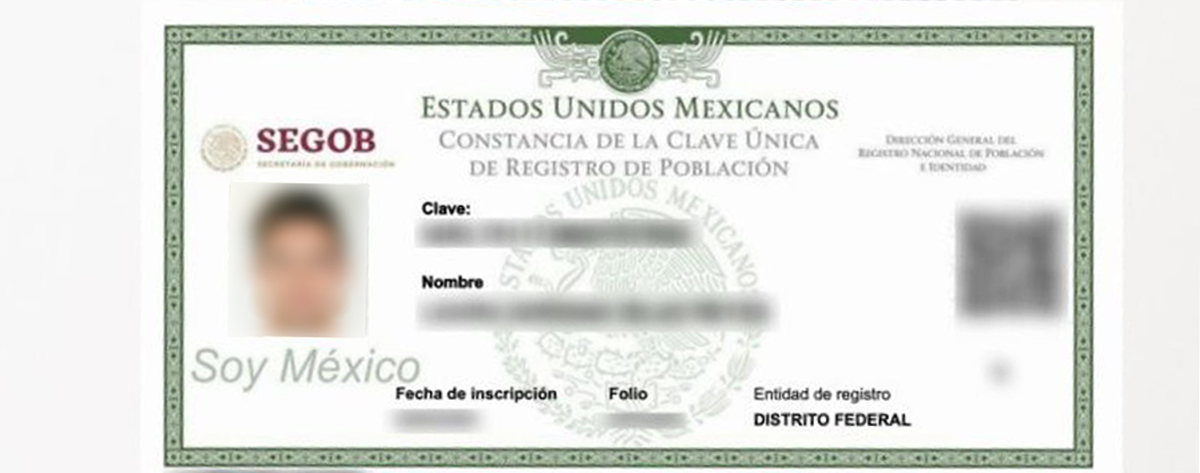Empowering Consumer Rights in Mexico: Your First Step Towards Legal Action
Have you ever found yourself on the wrong end of unfair commercial practices, where your rights as a consumer were disregarded? It’s time to take a stand and assert your rights, especially when living or conducting business in Mexico. Here, we introduce you to a key player in consumer protection in Mexico...
Continue reading











